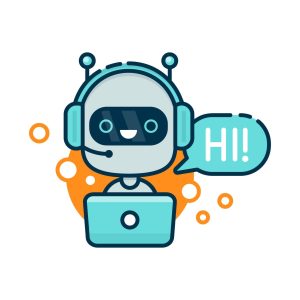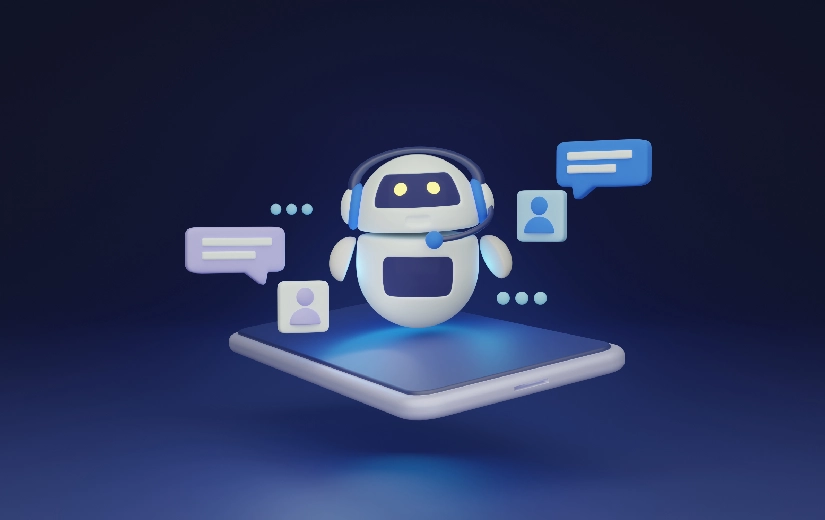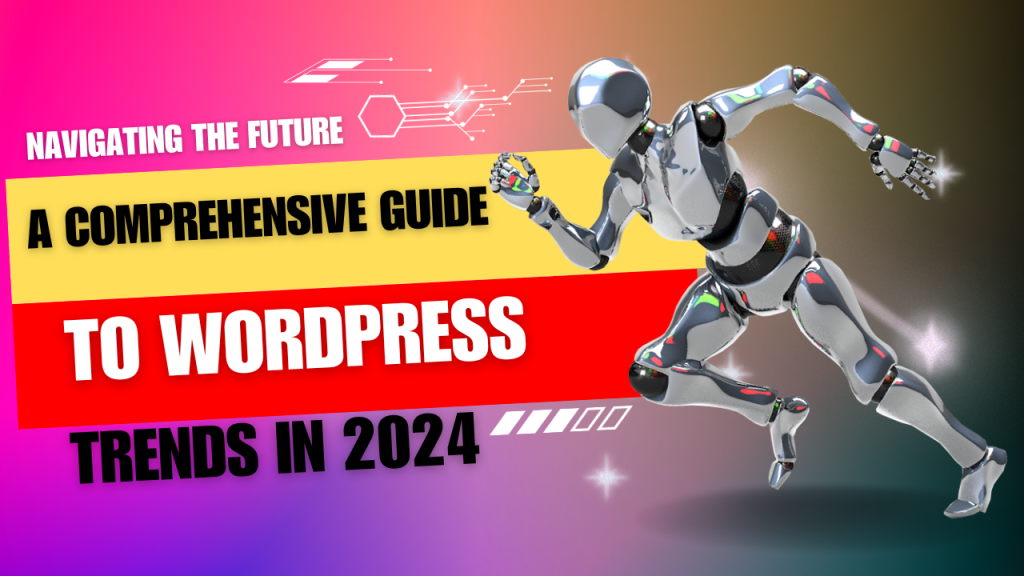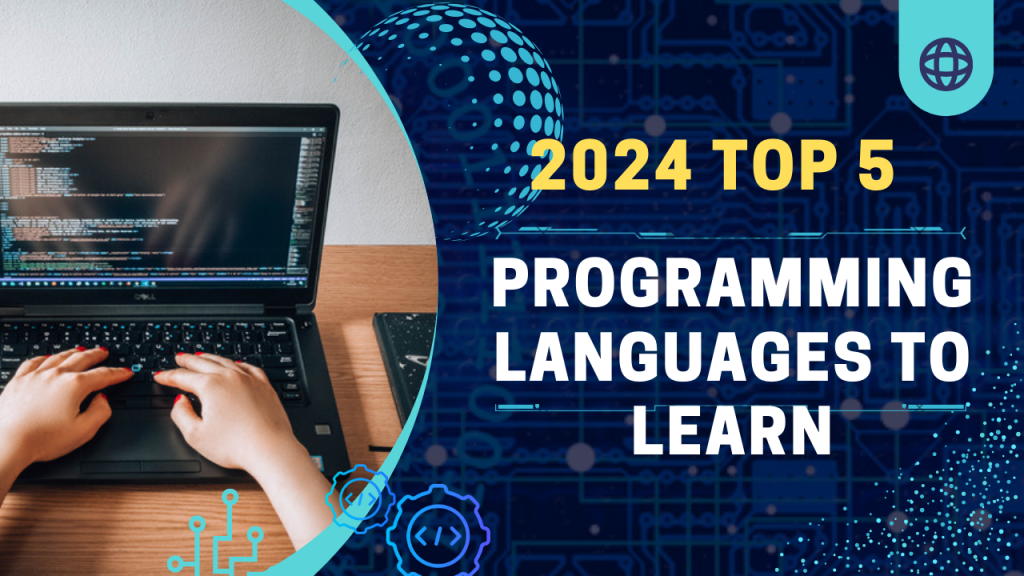A chatbot is a type of artificial intelligence (AI) software designed to simulate human conversation. It interacts with users via text or voice, enabling a seamless communication experience. Chatbots leverage natural language processing (NLP) to understand and respond to user inputs in a human-like manner. They are used across various industries to enhance customer service, automate repetitive tasks, and provide information efficiently.
The Evolution of Chatbots
Early Developments
The concept of chatbots dates back to the 1960s with the creation of ELIZA, one of the first chatbots developed at MIT. ELIZA used pattern matching and substitution methodology to mimic conversation, primarily for therapeutic purposes. Although rudimentary, ELIZA laid the groundwork for future chatbot development.
Advancements in Natural Language Processing
With advancements in NLP and machine learning, chatbots have evolved significantly. The introduction of algorithms capable of understanding context, sentiment, and complex language structures has transformed chatbots from simple rule-based systems to sophisticated AI-driven applications.
Integration of Machine Learning and AI
Modern chatbots utilize machine learning to improve their performance over time. By analyzing interactions, they learn to provide more accurate and relevant responses. This continuous learning process allows chatbots to handle a broader range of queries and provide better user experiences.
Types of Chatbots
Rule-Based Chatbots
Rule-based chatbots operate on a predefined set of rules and scripts. They follow specific instructions to respond to user inputs. While they are limited in their capabilities, they are useful for handling straightforward tasks such as answering FAQs or guiding users through simple processes.
AI-Powered Chatbots
AI-powered chatbots use machine learning and NLP to understand and respond to user inputs more intelligently. They can handle complex queries, learn from interactions, and improve over time. These chatbots are capable of engaging in more natural and dynamic conversations, making them ideal for a wide range of applications.
Hybrid Chatbots
Hybrid chatbots combine rule-based and AI-powered approaches. They use predefined rules for certain tasks while leveraging AI for more complex interactions. This combination allows for greater flexibility and efficiency, ensuring that users receive accurate and timely responses.
Applications of Chatbots
Customer Service
Chatbots are extensively used in customer service to handle queries, provide information, and resolve issues. They offer 24/7 support, reducing the need for human intervention and improving response times. This enhances customer satisfaction and reduces operational costs for businesses.
E-Commerce
In the e-commerce industry, chatbots assist customers in finding products, placing orders, and tracking deliveries. They provide personalized recommendations based on user preferences and purchase history, enhancing the shopping experience and driving sales.
Healthcare
Healthcare chatbots offer medical information, schedule appointments, and provide reminders for medication. They can also conduct preliminary diagnostics based on symptoms described by users, helping to streamline healthcare services and improve patient outcomes.
Banking and Finance
In the banking sector, chatbots assist customers with account inquiries, transaction details, and financial advice. They provide secure and efficient services, reducing wait times and improving customer engagement.
Education
Educational institutions use chatbots to assist students with course information, registration processes, and administrative tasks. Chatbots also offer personalized learning experiences, helping students with their studies and providing instant feedback.

Benefits of Chatbots
24/7 Availability
Chatbots operate round the clock, providing instant support and information to users at any time. This ensures that businesses can cater to global audiences without the need for extensive human resources.
Cost Efficiency
By automating routine tasks and reducing the need for human intervention, chatbots significantly lower operational costs. They allow businesses to allocate resources more effectively and focus on more complex tasks.
Enhanced User Experience
Chatbots provide quick and accurate responses, enhancing user experience. They can handle multiple queries simultaneously, ensuring that users receive timely assistance without delays.
Scalability
Chatbots can easily scale to handle increasing volumes of queries and interactions. This makes them ideal for businesses experiencing growth or seasonal spikes in demand.
Data Collection and Analysis
Chatbots collect valuable data from user interactions, providing insights into customer behavior and preferences. This data can be used to improve services, personalize experiences, and inform business strategies.
YOU MAY ALSO READ: What is CGPT 5?
Challenges and Considerations
Understanding Context and Sentiment
One of the primary challenges in chatbot development is ensuring that they can accurately understand context and sentiment. Misunderstandings can lead to incorrect responses and user frustration.
Maintaining Security and Privacy
Ensuring the security and privacy of user data is critical. Chatbots must be designed with robust security measures to protect sensitive information and prevent data breaches.
Continuous Improvement
To remain effective, chatbots must be continuously updated and improved. This involves regular training on new data, refining algorithms, and incorporating user feedback.
The Future of Chatbots
Integration with Advanced AI
The future of chatbots lies in their integration with more advanced AI technologies such as deep learning and neural networks. This will enable even more sophisticated interactions and better understanding of user intent.
Voice-Activated Chatbots
Voice-activated chatbots are becoming increasingly popular, offering a more natural and convenient way for users to interact. Advances in speech recognition and synthesis will further enhance the capabilities of voice chatbots.
Industry-Specific Solutions
As chatbots continue to evolve, we will see more industry-specific solutions tailored to the unique needs of different sectors. These specialized chatbots will offer more targeted and effective services.
Conclusion.
Chatbots are a powerful tool in the realm of artificial intelligence, offering numerous benefits across various industries. From customer service to healthcare, education to finance, chatbots are transforming the way businesses interact with their customers. As technology continues to advance, chatbots will become even more sophisticated, providing more personalized and efficient services. However, it is crucial to address the challenges and ethical considerations associated with their use to ensure they continue to serve as valuable assets.



